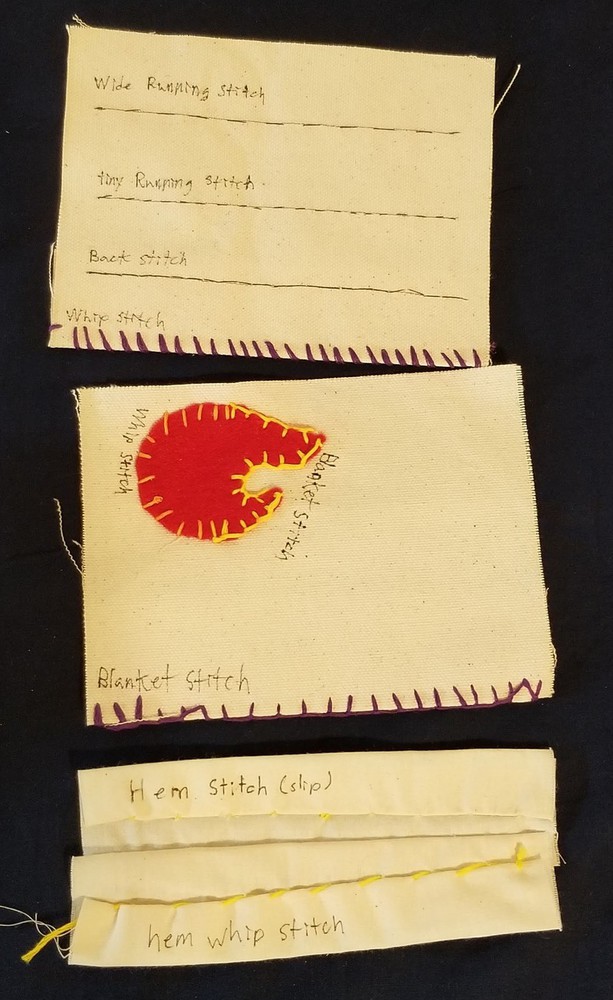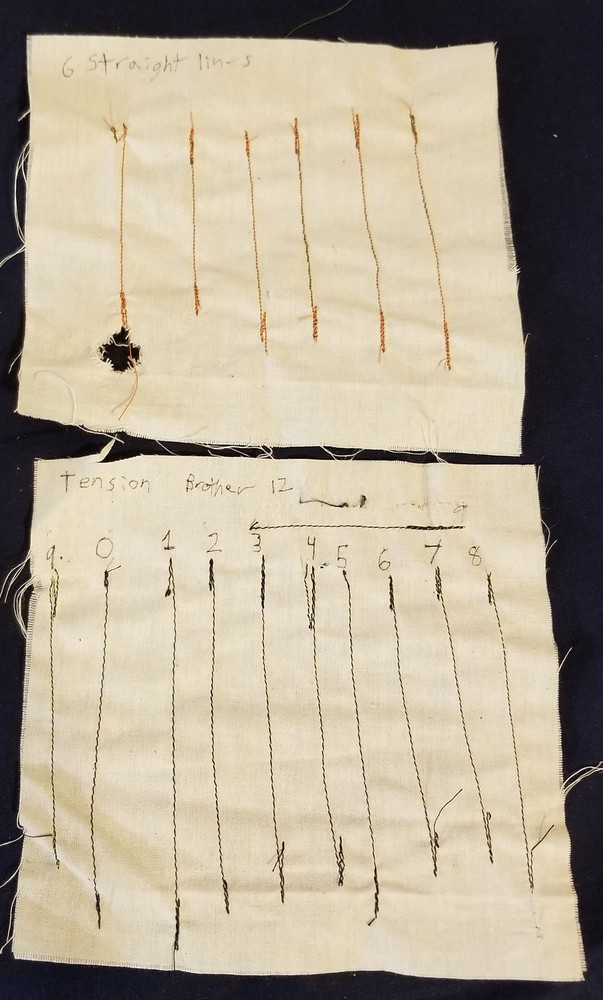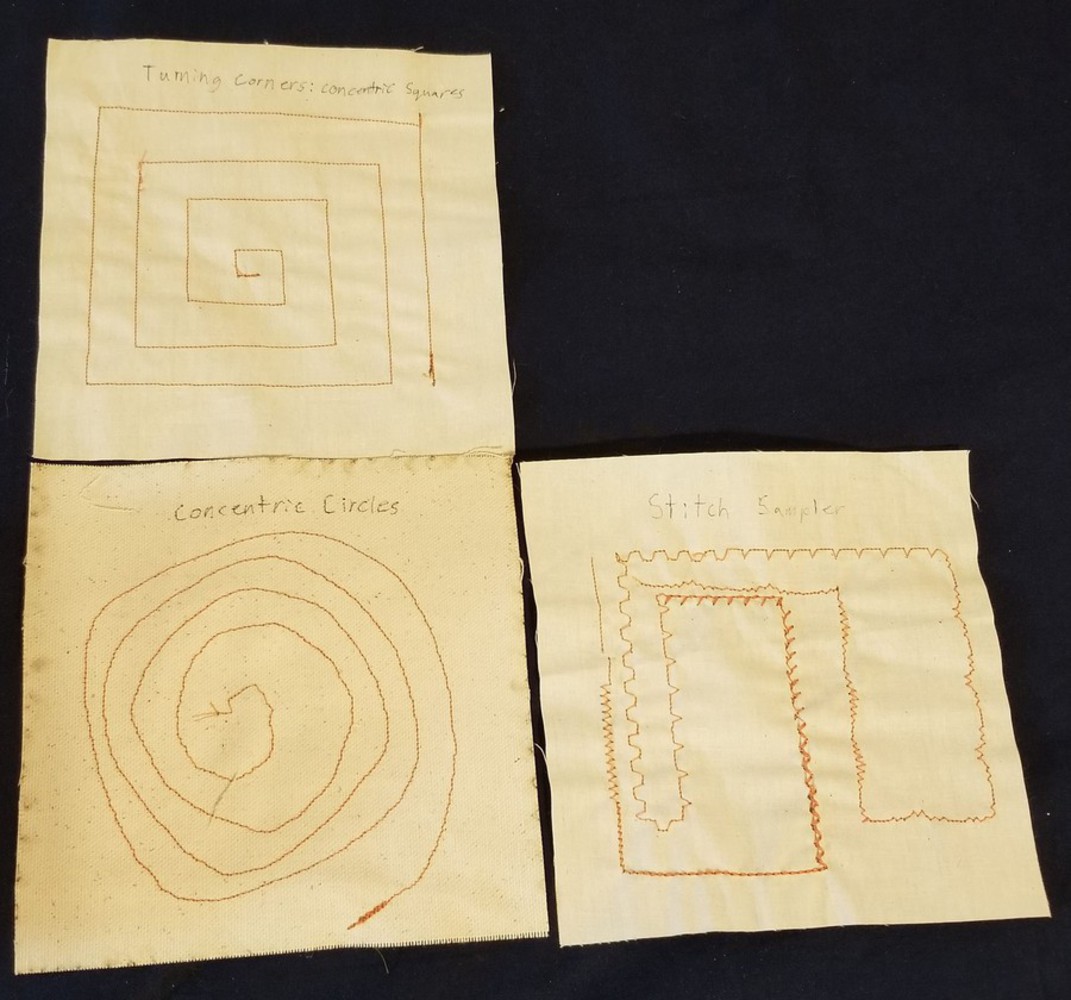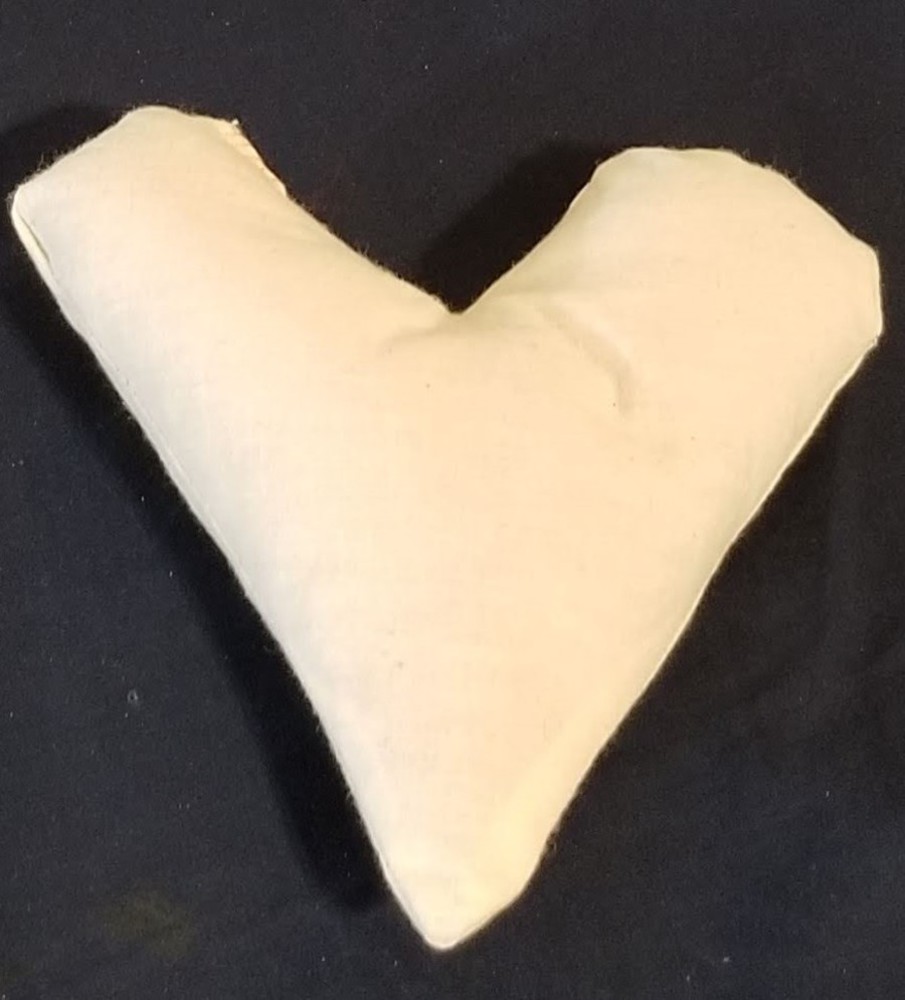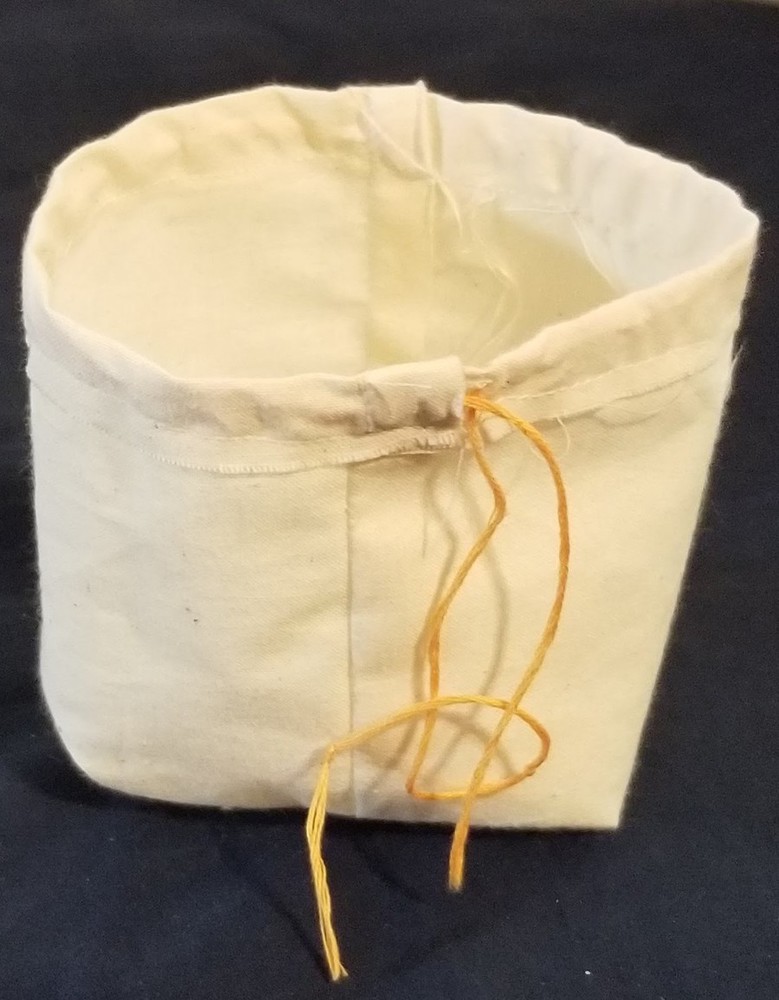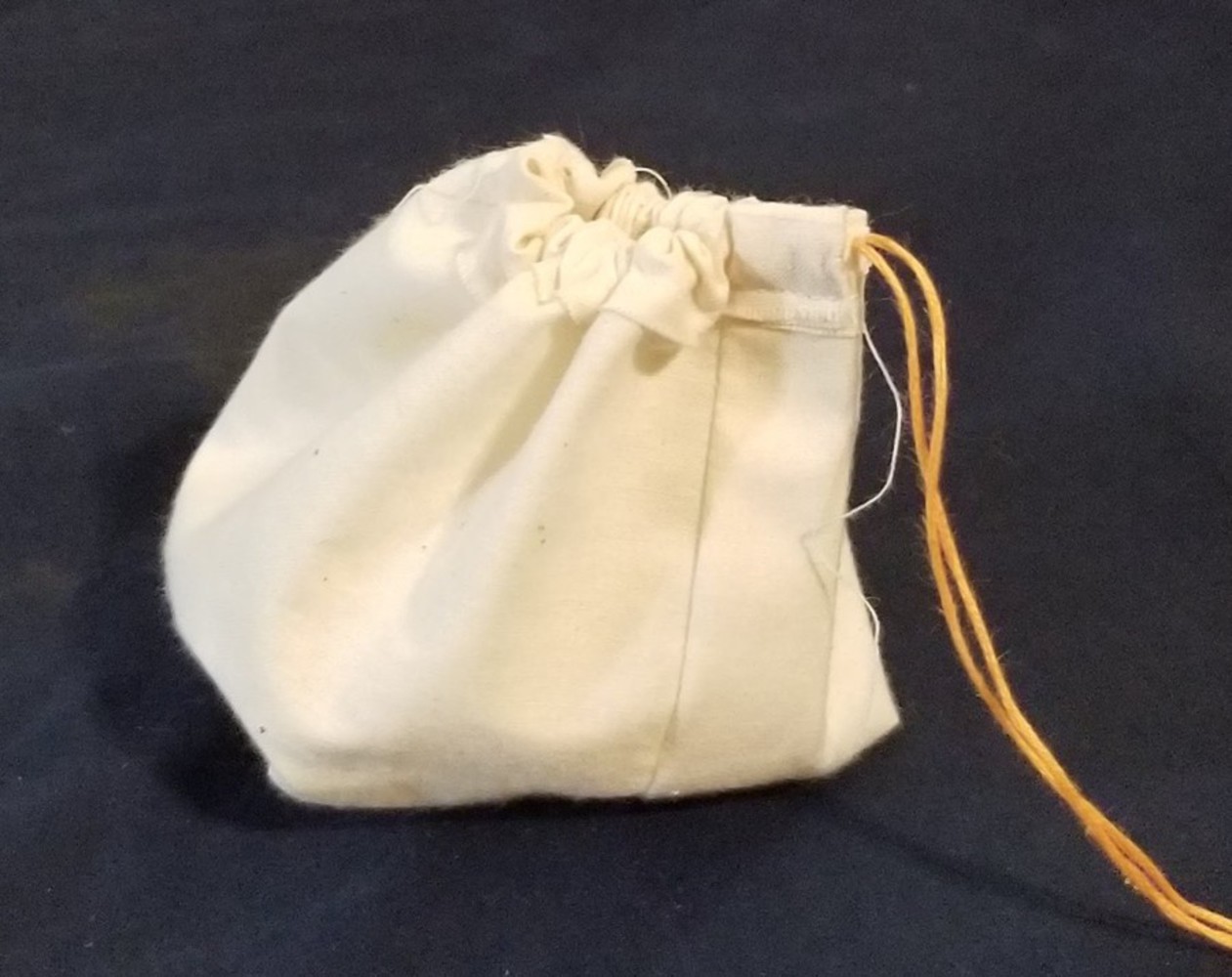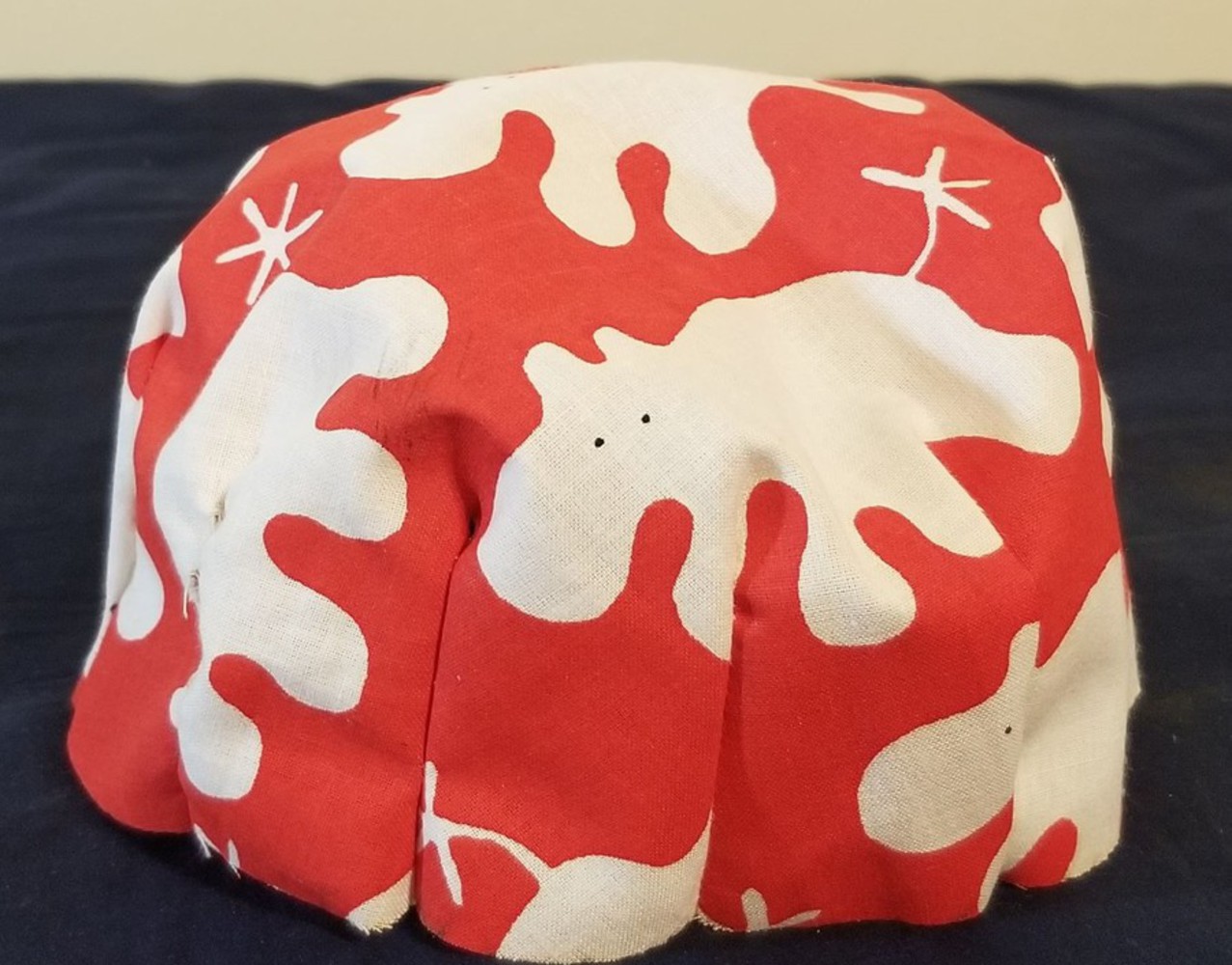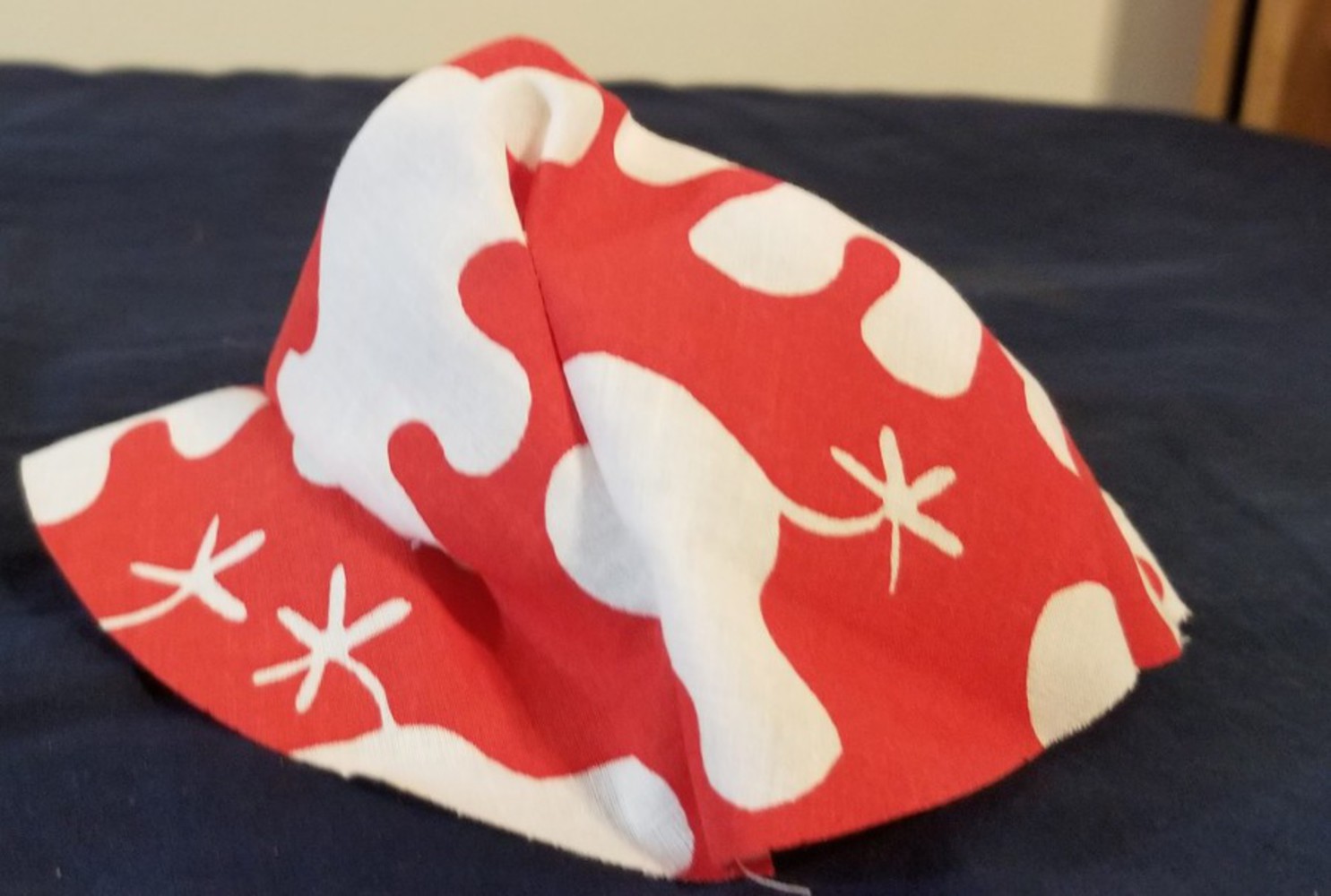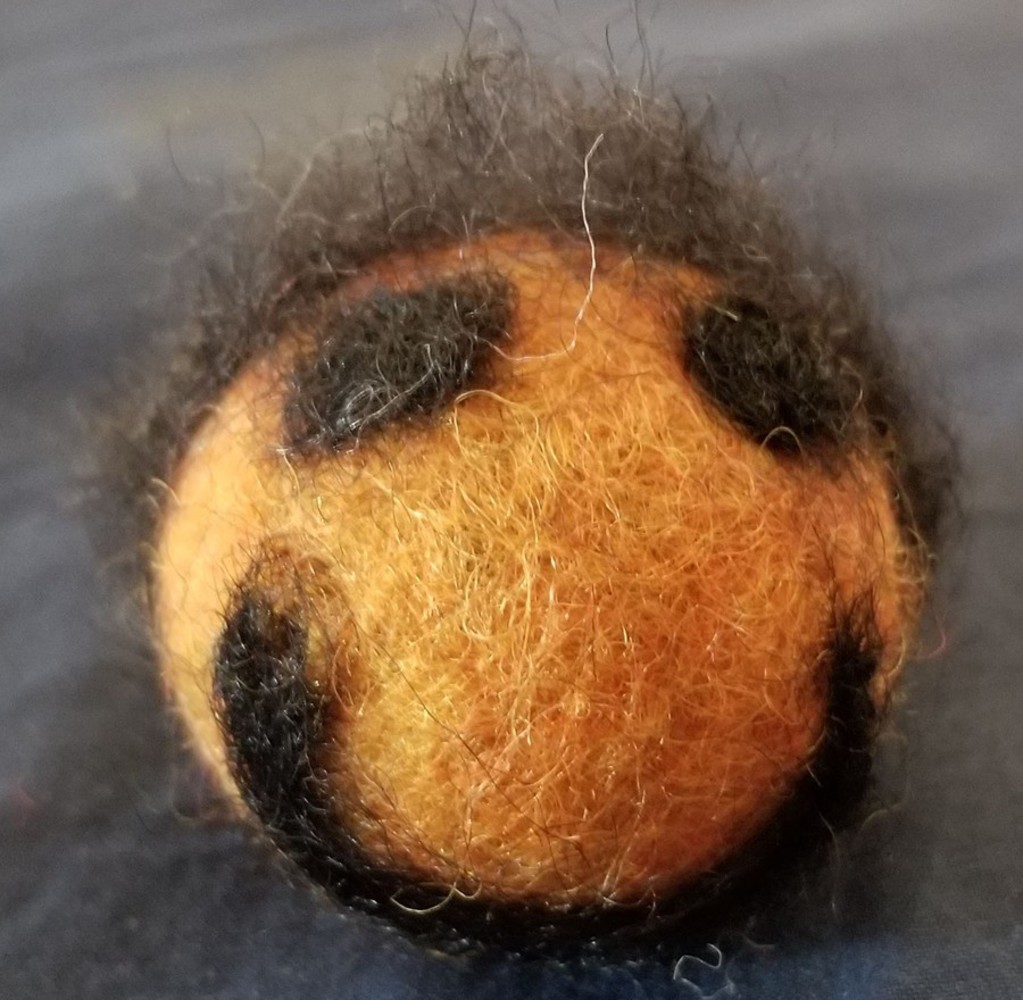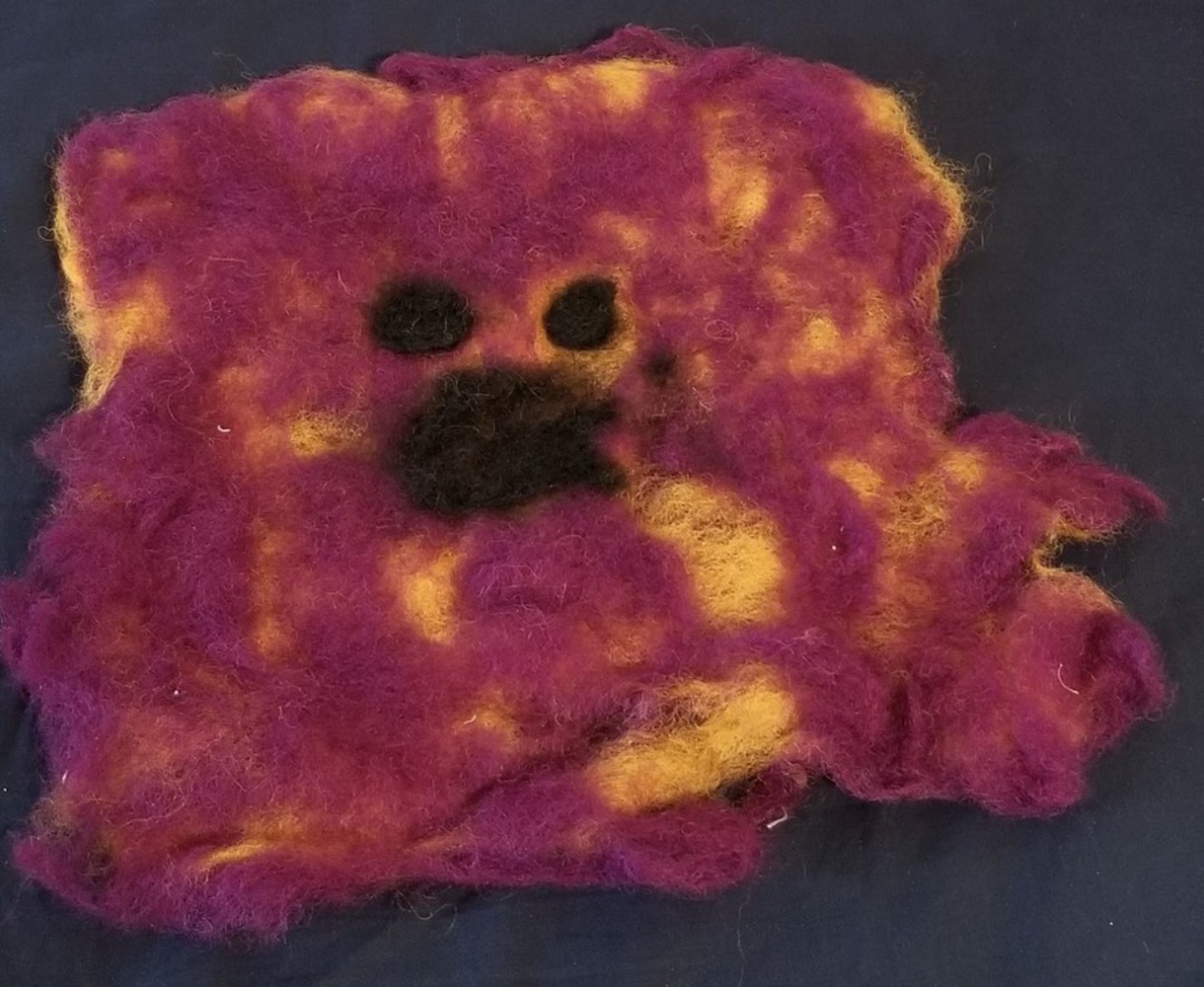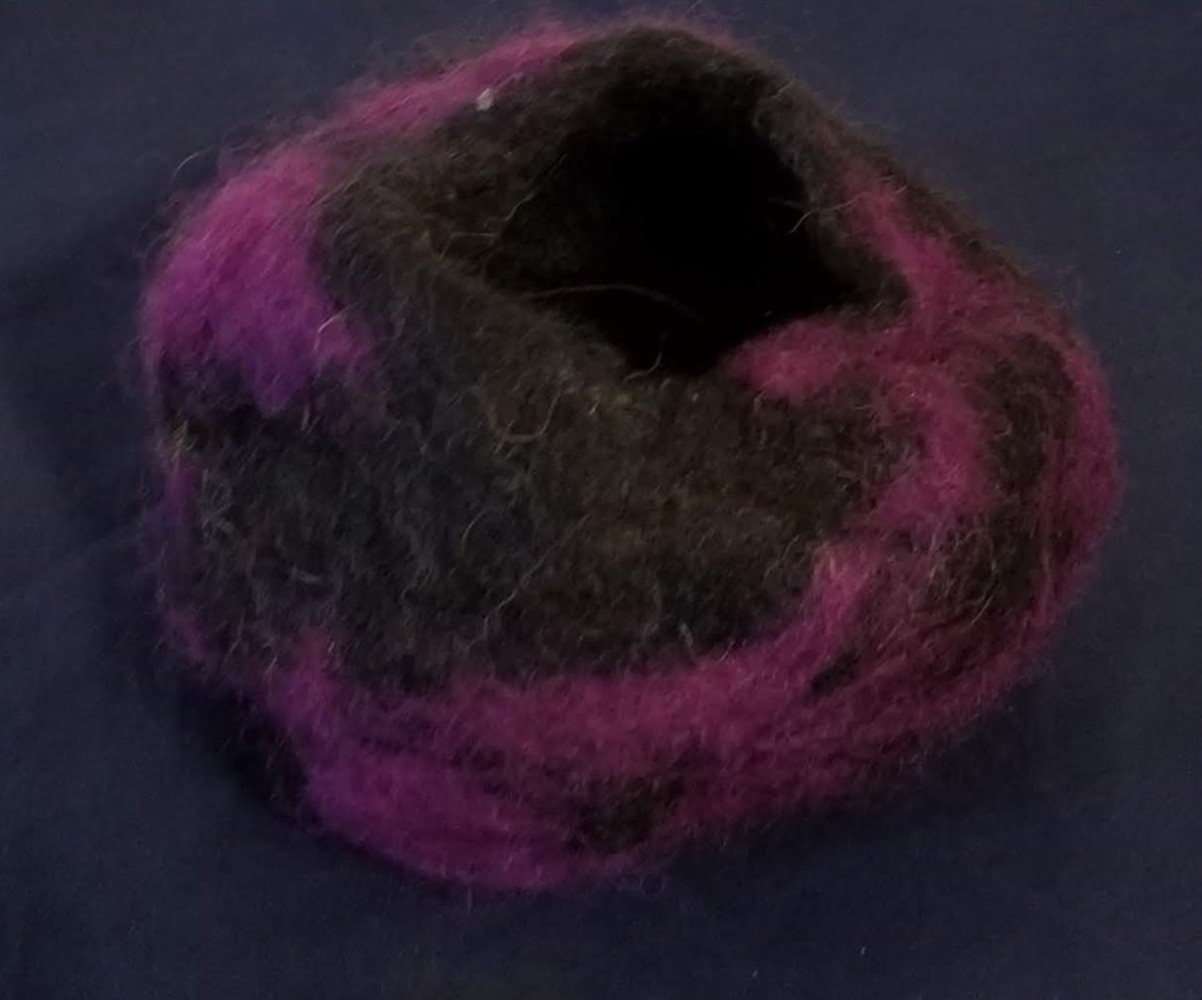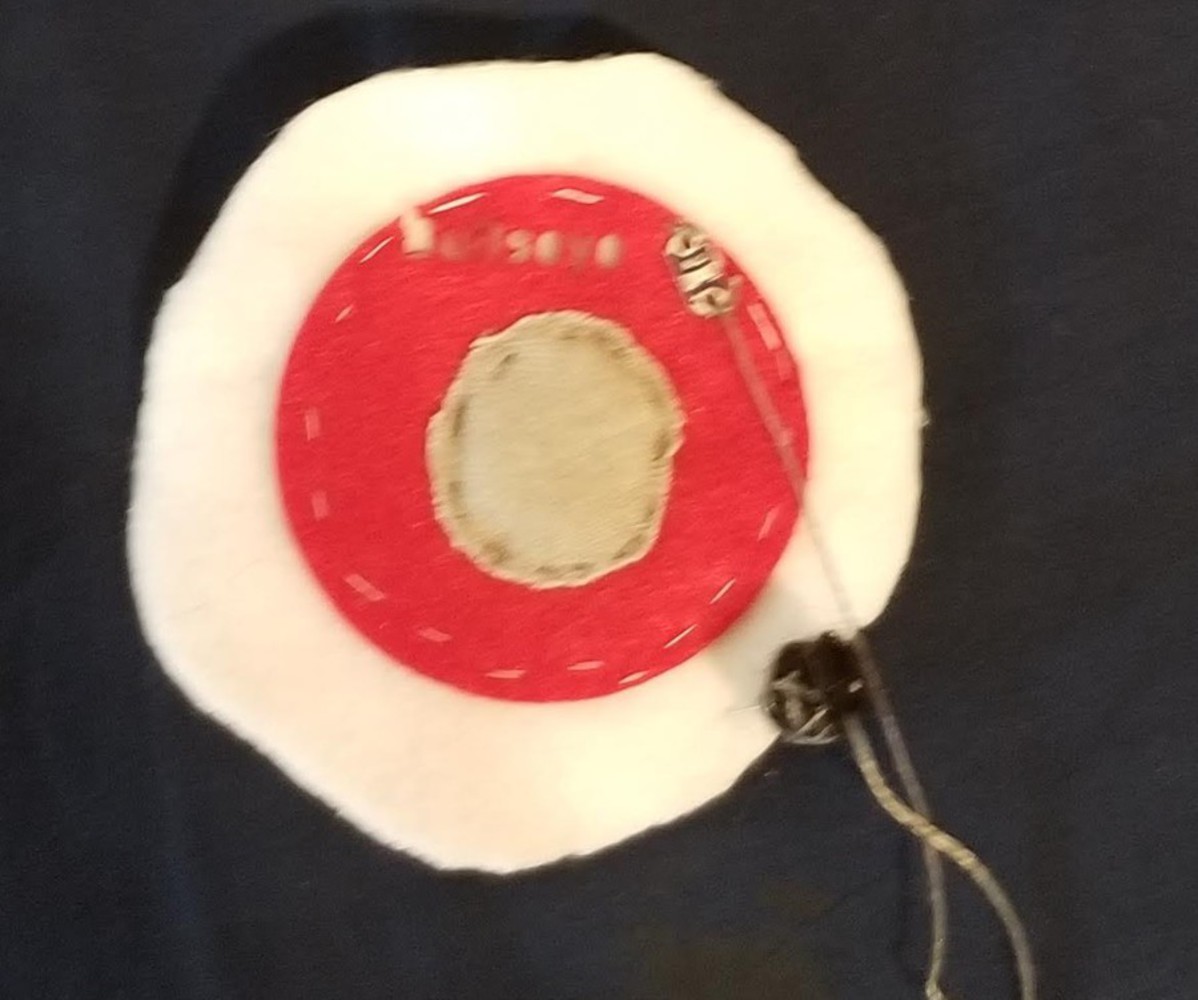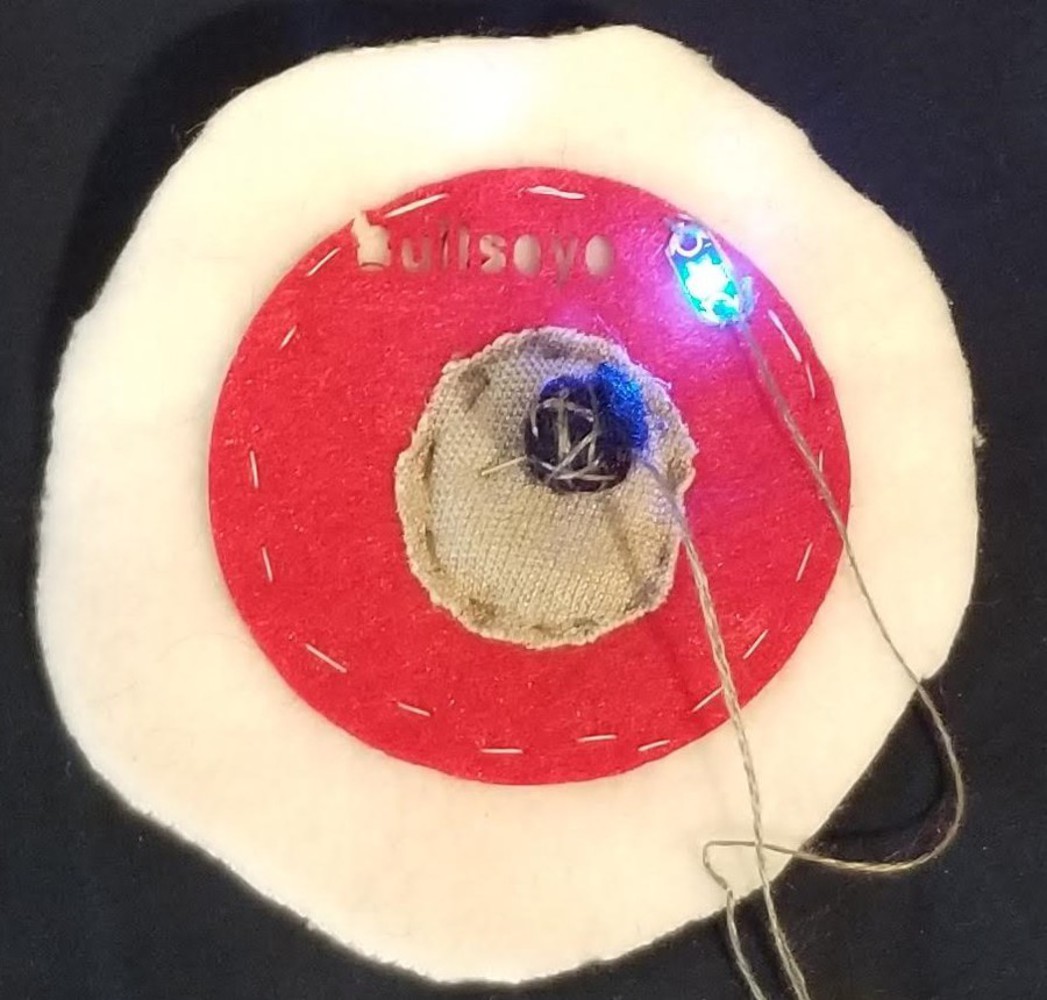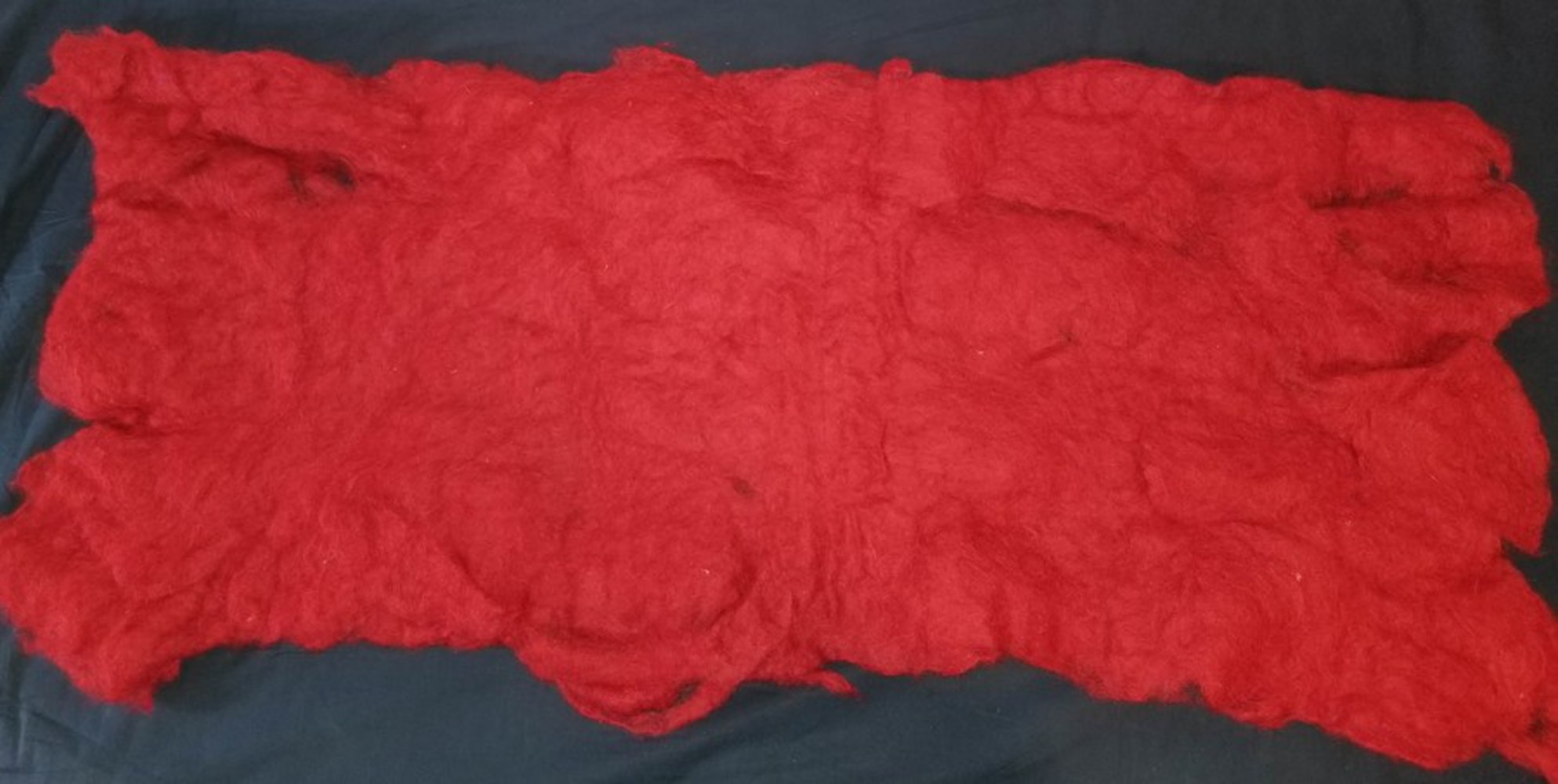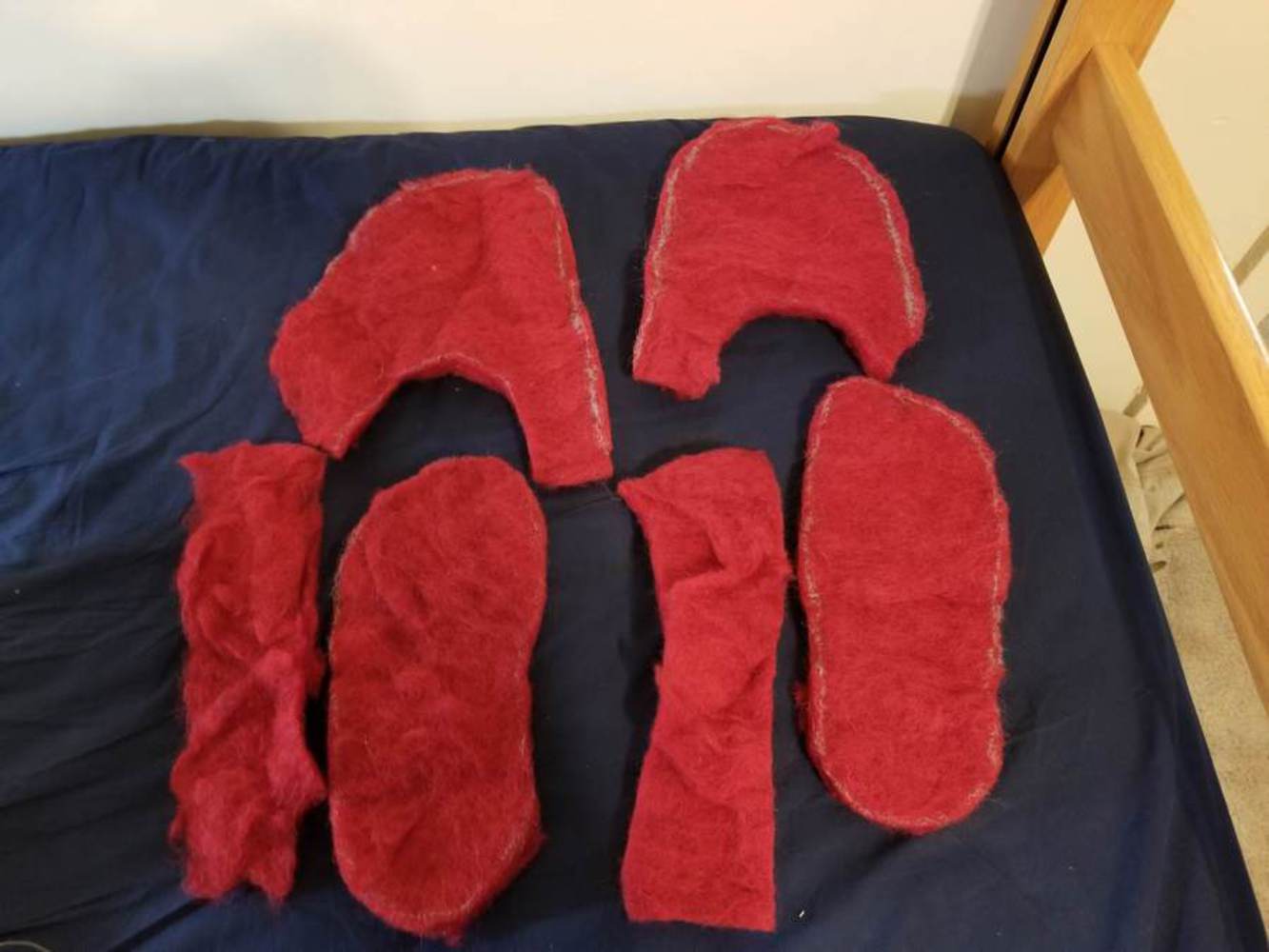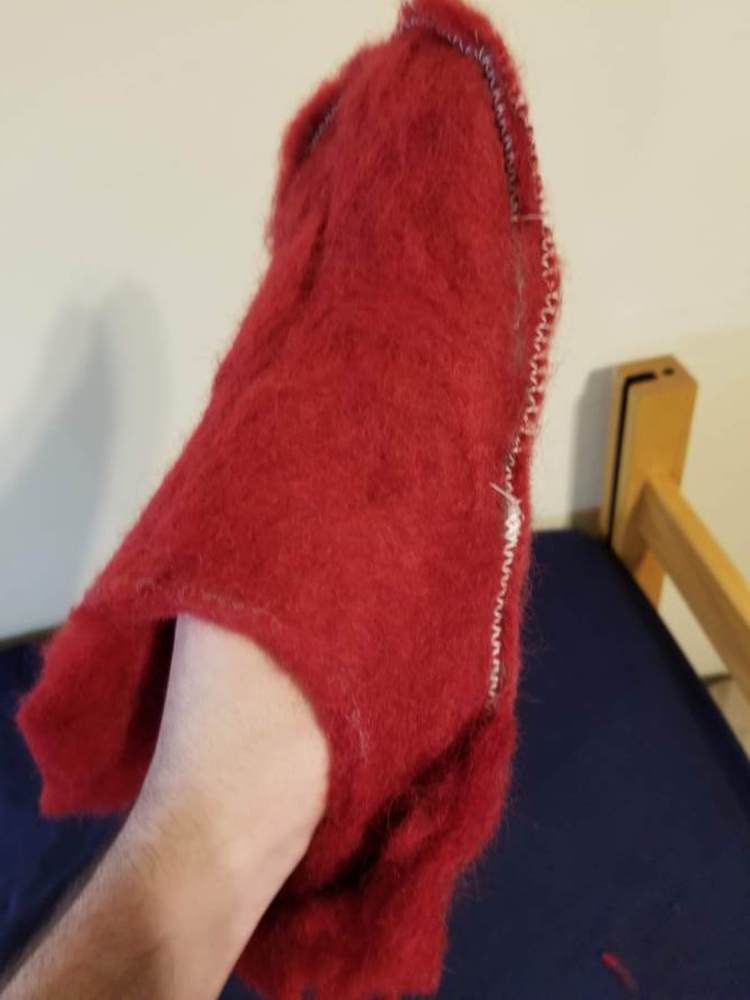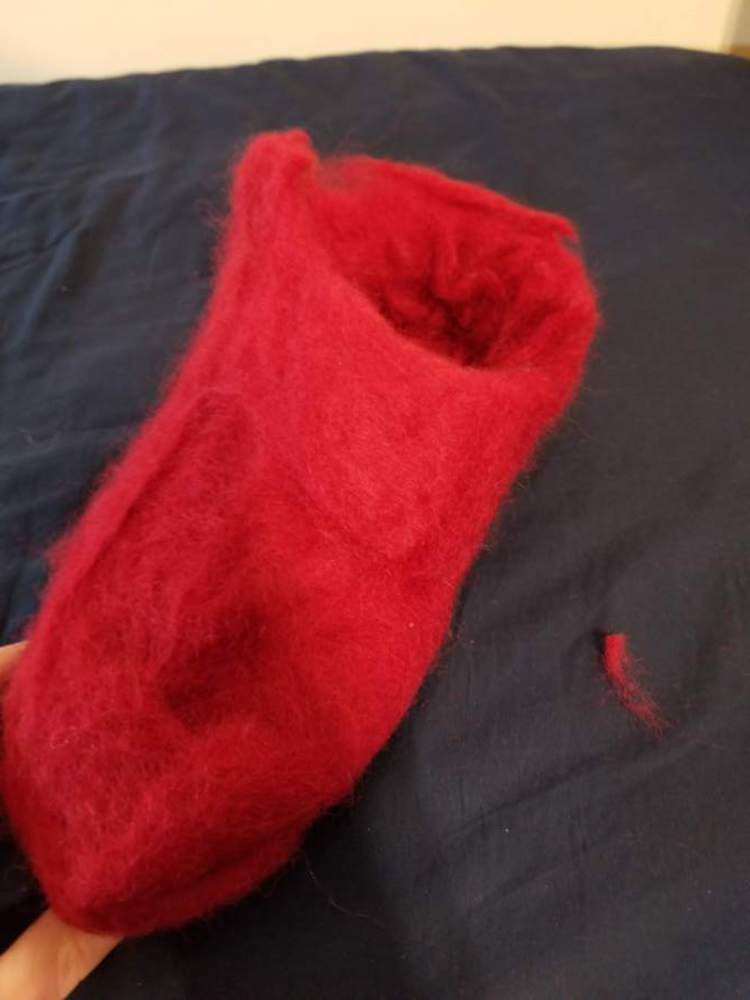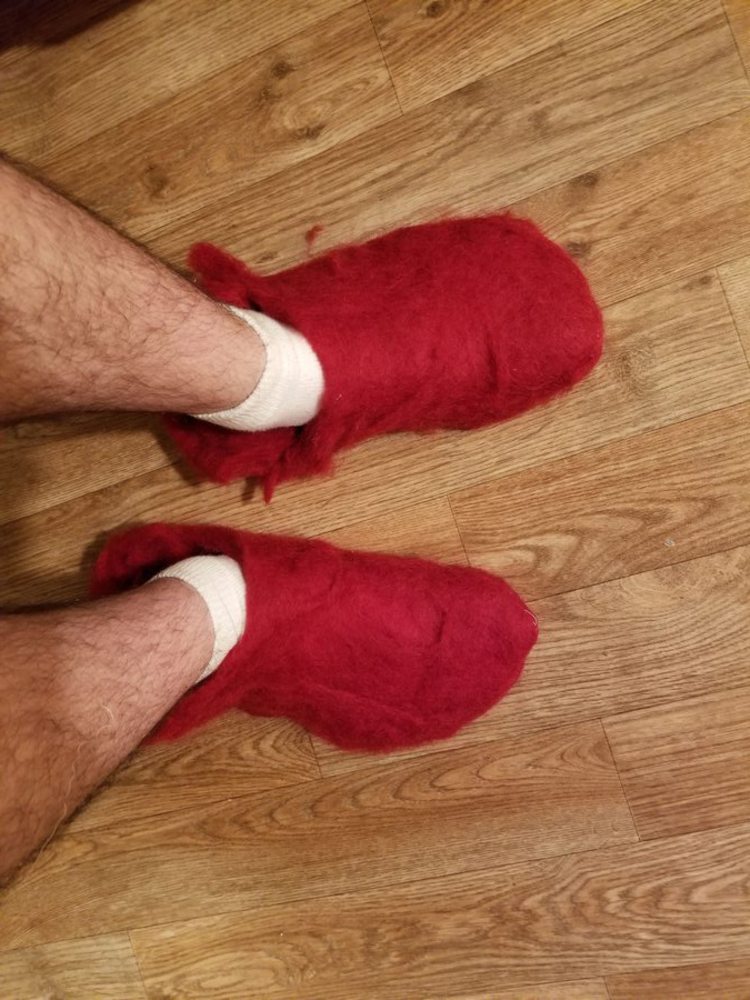Sample Book
Below are images of all the required samples for this class, which are described below
1st Image Running stitch (basting) long and short, backstitch, blanket stitch, overcast stitch, appliqué (half overcast, half blanket). Two fabric pieces sew together with a sewing machine
2nd Image 6 straight lines and Tension Sampler
3rd Image square spiral, circular spiral, and doodle with various settings.
4th Image Heart Shaped Form
5th and 6th Images Pouch
7th Image Darted circle laser cut
8th Image Darted circle freestyle
9th Image Wet Felted Ball, with a smiley face and hair added by dry felting
10th Image Wet felted sheet, with a face added by dry felting
11th Image Wet felted 3D form
12th and 13th Images Soft circuit "dart board", made with a laser cut red felt piece. Displayed in both the on and off conditions
